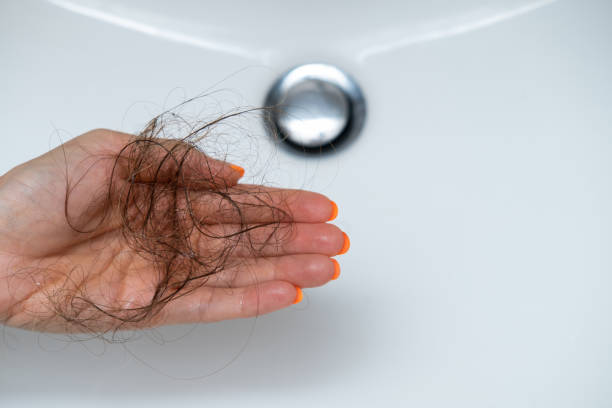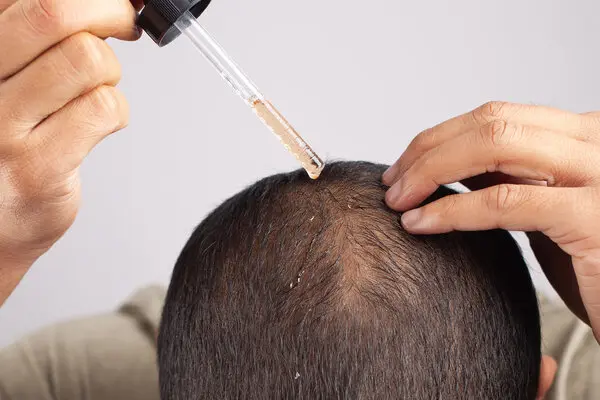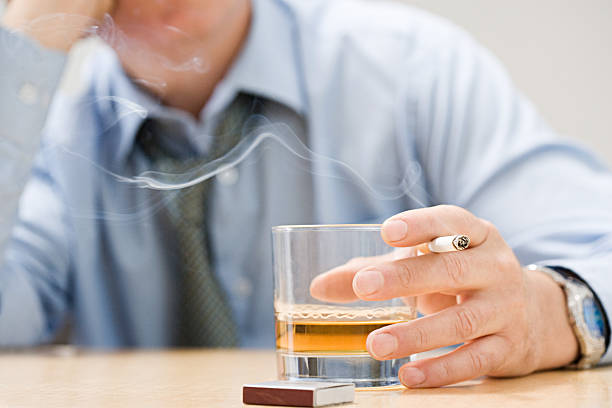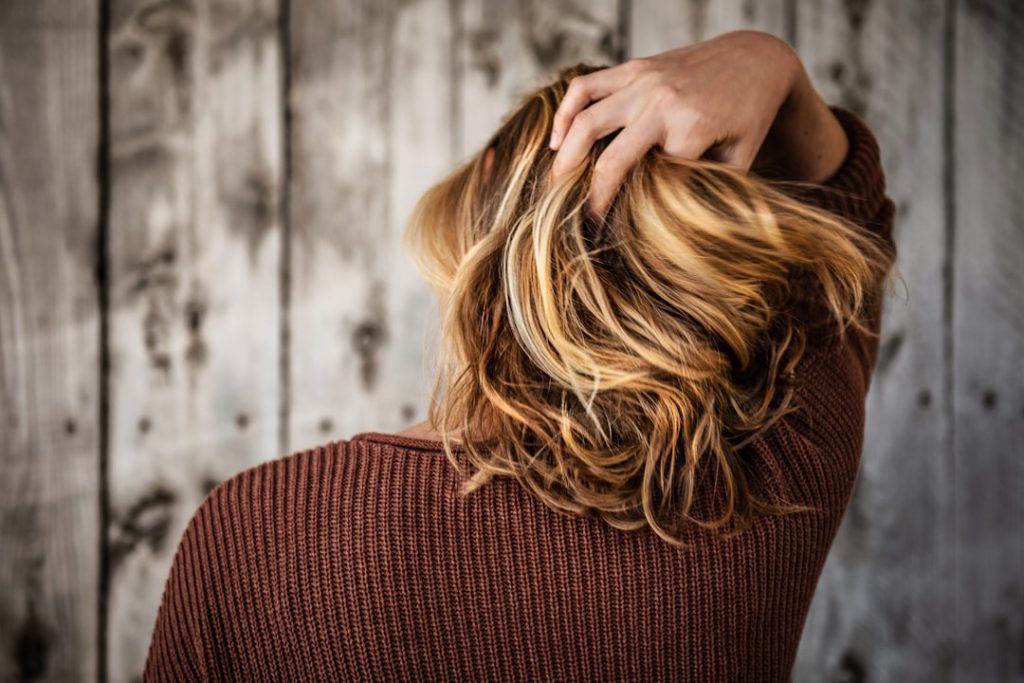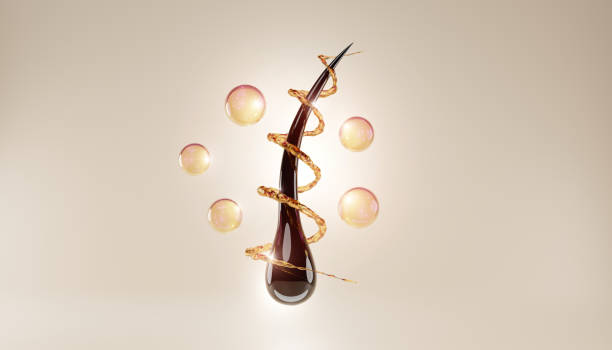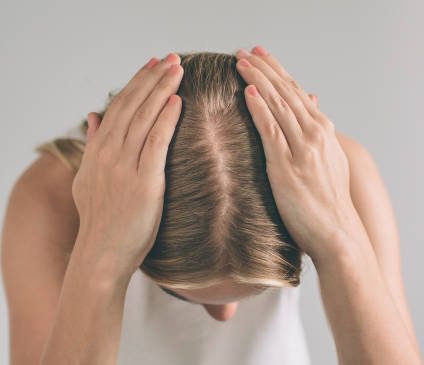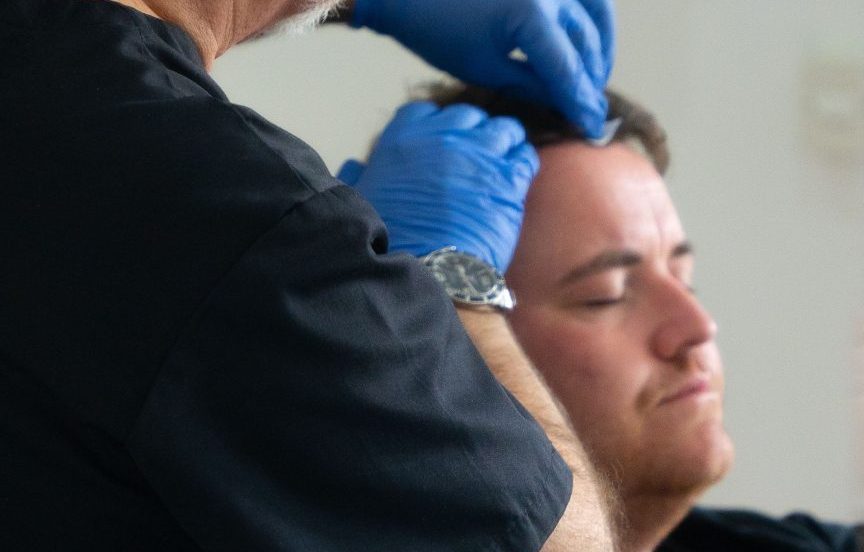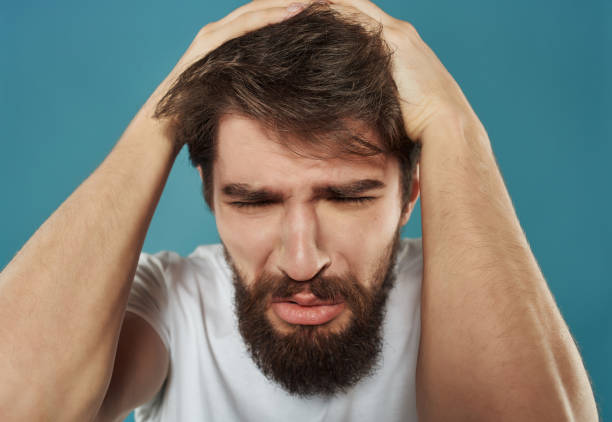
Can Stress Reverse Hair Transplant Results?

Can Stress Reverse Hair Transplant Results?
Stress reverse hair transplant results
Getting a hair transplant is a big step towards achieving a thicker head of hair and regaining confidence. However, many patients worry about factors that could affect their results, including stress. Since stress is often linked to hair loss, it is natural to wonder: Can stress reverse a hair transplant?
The quick answer is no; the effects of a hair transplant are not irreversibly ruined by stress. On the other hand, too much stress can hinder hair renewal, cause temporary hair loss, and affect recovery. In this blog, we will learn the effects of stress on hair transplants, how to manage stress effectively, and other lifestyle factors that can impact your hair restoration journey.


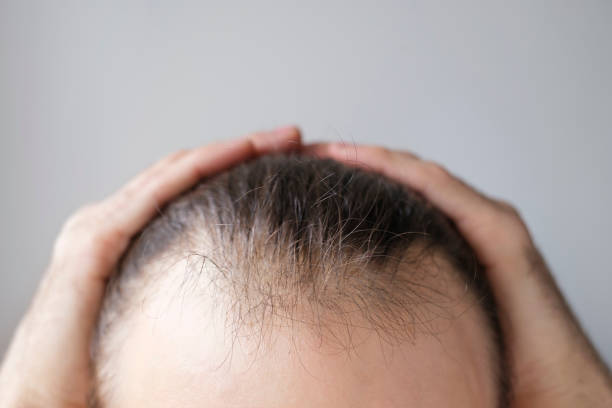

How Does Stress Affect Hair Growth?
It is often recognised that stress contributes to a number of health problems, including hair loss. Prolonged stress can interfere with the body’s natural hair growth cycle, causing excessive shedding and sluggish regeneration. What is the exact connection between stress and hair loss?
Stress
Explores how stress impacts the hair growth cycle and overall hair health.
Cortisol
Explains how increased cortisol levels disrupt hair regeneration, leading to shedding.
It is often recognised that stress contributes to a number of health problems, including hair loss. Prolonged stress can interfere with the body’s natural hair growth cycle, causing excessive shedding and sluggish regeneration. What is the exact connection between stress and hair loss?
Types of Stress-Related Hair Loss
These are the popular types:
- Telogen Effluvium
This condition occurs when stress prematurely pushes hair follicles into the resting phase, causing excessive shedding. It usually starts 2-3 months after a stressful event and is temporary. - Trichotillomania
This is a psychological disorder where individuals deal with stress by compulsively pulling out their hair, leading to noticeable thinning. - Alopecia Areata
Alopecia areate is an autoimmune disease, which results in patchy hair loss, is brought on by extreme stress and makes the body attack its hair follicles.
The good news is that transplanted hair is resistant to Dihydrotestosterone (DHT), the hormone responsible for male pattern baldness. However, extreme stress can still cause temporary shedding of transplanted and non-transplanted hair.
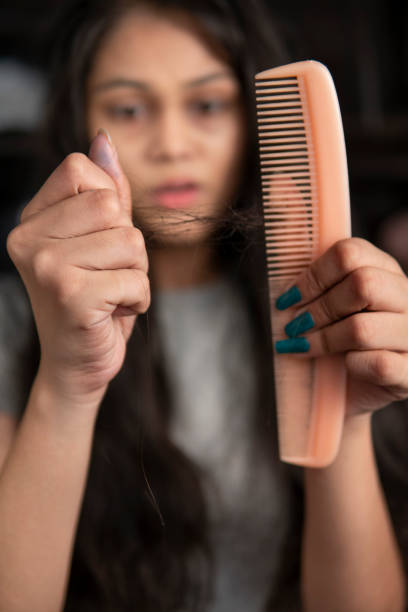
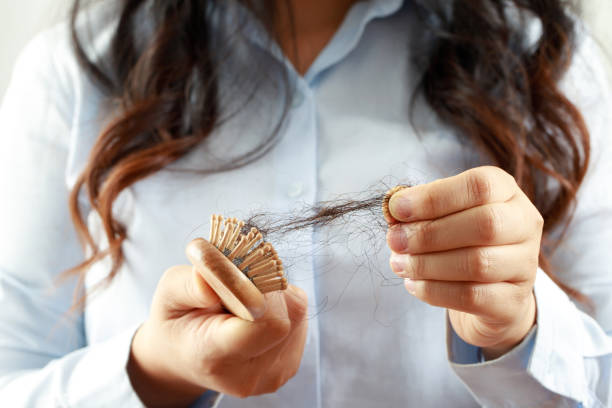
Can Stress Reverse a Hair Transplant?
The question about hair loss and emotional stress can be daunting. Let’s look at the hair transplant healing process and how stress affects it.
Hair Transplant Healing Process and Stress
A successful hair transplant depends on proper healing. After surgery, hair grafts go through different phases:
- Healing Phase (0-2 weeks): The scalp recovers from surgery, and scabs form.
- Shedding Phase (2-8 weeks): The newly transplanted hair sheds allow new growth.
- Growth Phase (3-6 months): Hair regrows gradually.
High stress levels can slow down healing by restricting blood circulation and increasing inflammation, which can delay the growth phase.
- The Role of Cortisol and DHT in Post-Transplant Hair Loss
Stress increases cortisol levels, which in turn raises DHT production. While transplanted hair resists DHT, excessive stress can contribute to temporary shedding. This condition, called shock loss, is common but reversible as the hair follicles enter a new growth cycle.
Managing Stress for Optimal Hair Transplant Results
How do you manage stress to get the best hair transplant results?
Pre- and Post-Transplant Stress Management
Managing stress is crucial for ensuring optimal hair transplant results. Here are effective techniques:
- Mindfulness & Meditation: Deep breathing exercises and meditation help lower stress levels.
- Physical Activity: Exercise releases endorphins that reduce cortisol levels.
- Quality Sleep: Lack of sleep increases stress and slows the body’s healing process.

Diet and Nutrition for Hair Growth
A healthy, balanced diet plays an essential role in hair recovery. Focus on:
- Protein-rich foods (chicken, eggs, fish) to strengthen hair.
- Iron and zinc (leafy greens, nuts) to promote growth.
- Vitamins A, C, and E to support scalp health.


Psychological Well-Being and Hair Transplant Success
What has psychological well-being got to do with hair transplant success? Read on.
The Role of Mental Health in Hair Regrowth
Positive mental health contributes to better post-transplant recovery. Anxiety and depression can increase cortisol levels, delaying hair regrowth. Managing mental well-being can support faster healing and better results.
Coping Mechanisms for Post-Transplant Anxiety
- Therapy & Counseling: Talking to a professional can help with transplant-related worries.
- Support Groups: Engaging with others who have undergone a transplant can ease anxiety.
-
Journaling & Relaxation Techniques: Keeping track of hair growth progress can help reduce stress.
Click this link to learn more about the psychological effects of hair loss.
Post-Transplant Hair Shedding
What’s Normal and What’s Not?
What shedding is considered normal or not normal after the hair transplant procedure?
Shock loss is temporary hair shedding that occurs after a transplant. This is a normal response as the scalp adjusts to the new hair grafts. It does not indicate failure of the procedure.
- New hair starts growing within 3-6 months.
- Full results appear between 9-12 months.
- If excessive shedding continues after 12 months, consult a specialist.
Other Factors That Can Influence
Hair Transplant Results
Common Myths About Hair Transplants and Stress
- Myth: Stress can permanently undo a hair transplant.
Truth: While stress can cause temporary shedding, it does not permanently reverse a transplant. - Myth: If hair sheds post-transplant, the procedure failed.
- Truth: Shedding is a normal part of the healing process.
Final Verdict: Should You Worry About Stress?
While stress can contribute to temporary hair shedding, it will not permanently reverse your hair transplant. To ensure the best results:
- Manage stress through mindfulness, exercise, and healthy sleep habits.
- Maintain a balanced diet rich in essential hair nutrients.
- Avoid smoking, alcohol, and medications that could affect hair growth.
- Follow post-transplant care recommendations from your surgeon.
- If you experience excessive shedding after a hair transplant, consult your specialist to rule out underlying conditions and receive professional advice.
Why Choose Merchant City Medical Group for Your Hair Transplant?
At Merchant City Medical Group, we understand how important a full head of hair is for confidence and self-image. Our team of experts specialises in FUE hair transplants, ensuring natural and lasting results. We provide personalised consultations to assess your hair loss condition and recommend the best treatment plan. Using the latest technology, our procedures are minimally invasive, allowing for quicker recovery and less discomfort.
We prioritise patient care and safety, ensuring you receive top-quality treatment in a comfortable environment. Whether you’re struggling with a receding hairline, thinning hair, or patchy beard, we have the right solution. Our specialists guide you through every step of your hair restoration journey, from consultation to post-surgery care.
With years of experience, we have helped countless clients regain their hair and confidence. When a proven solution is available, don’t let hair loss affect your self-esteem. Book your consultation with Merchant City Medical Group today and take the first step toward natural, permanent hair restoration!


